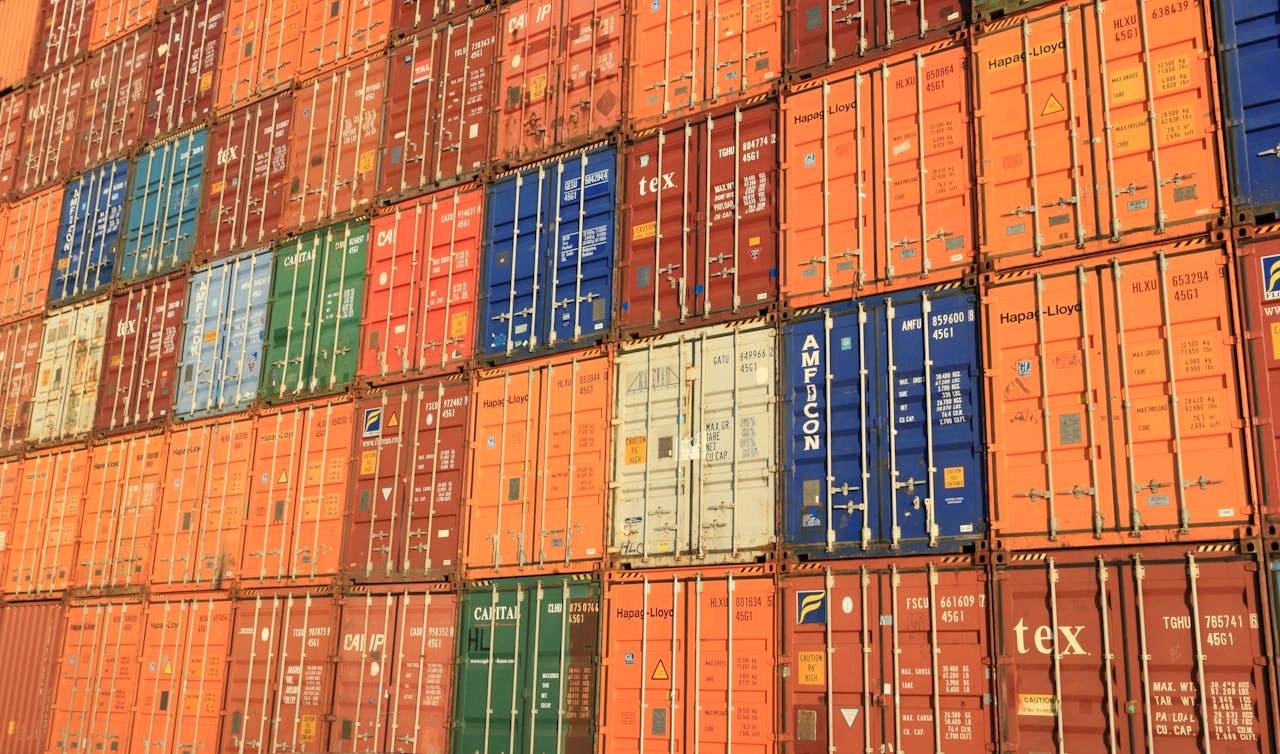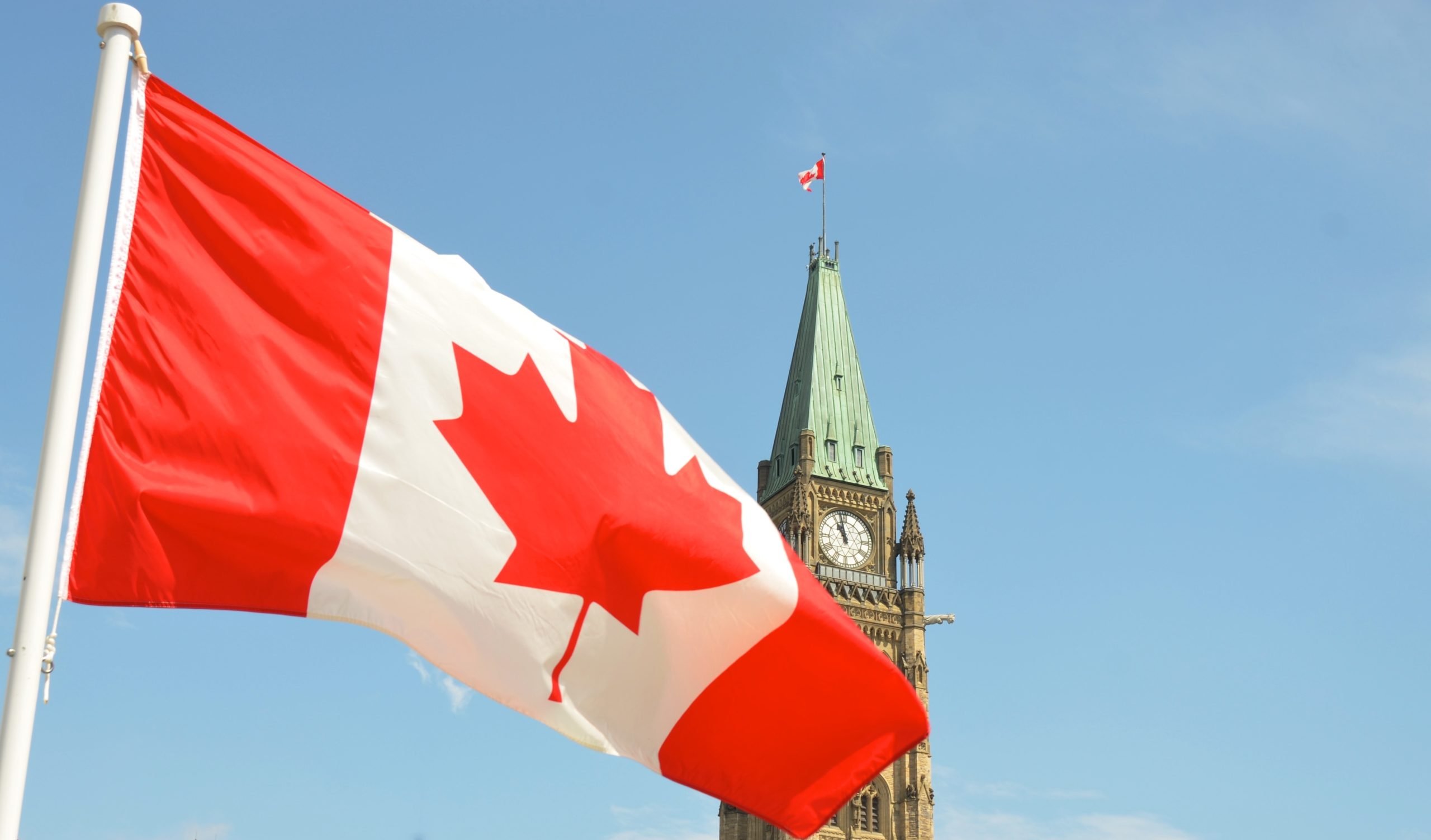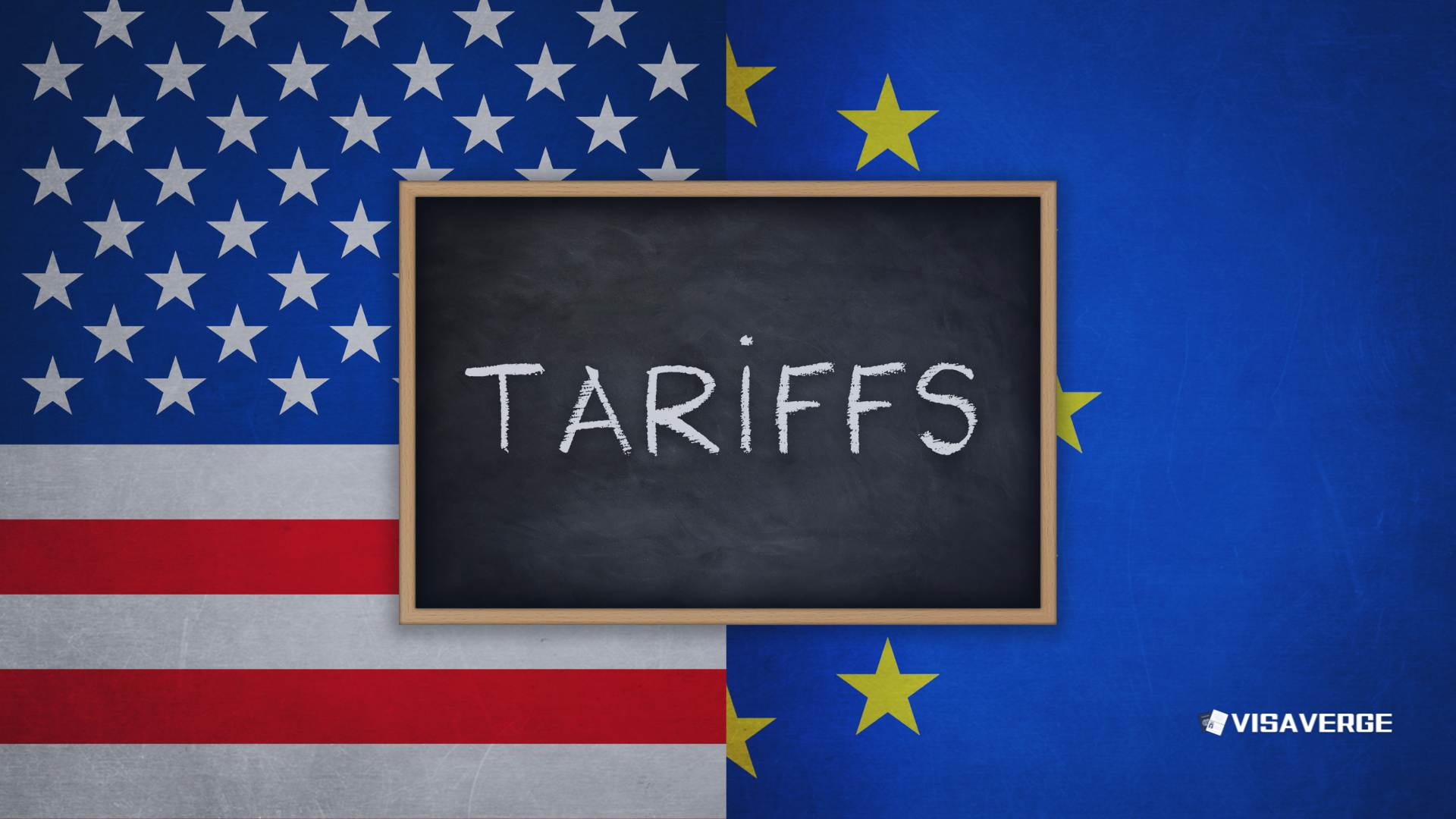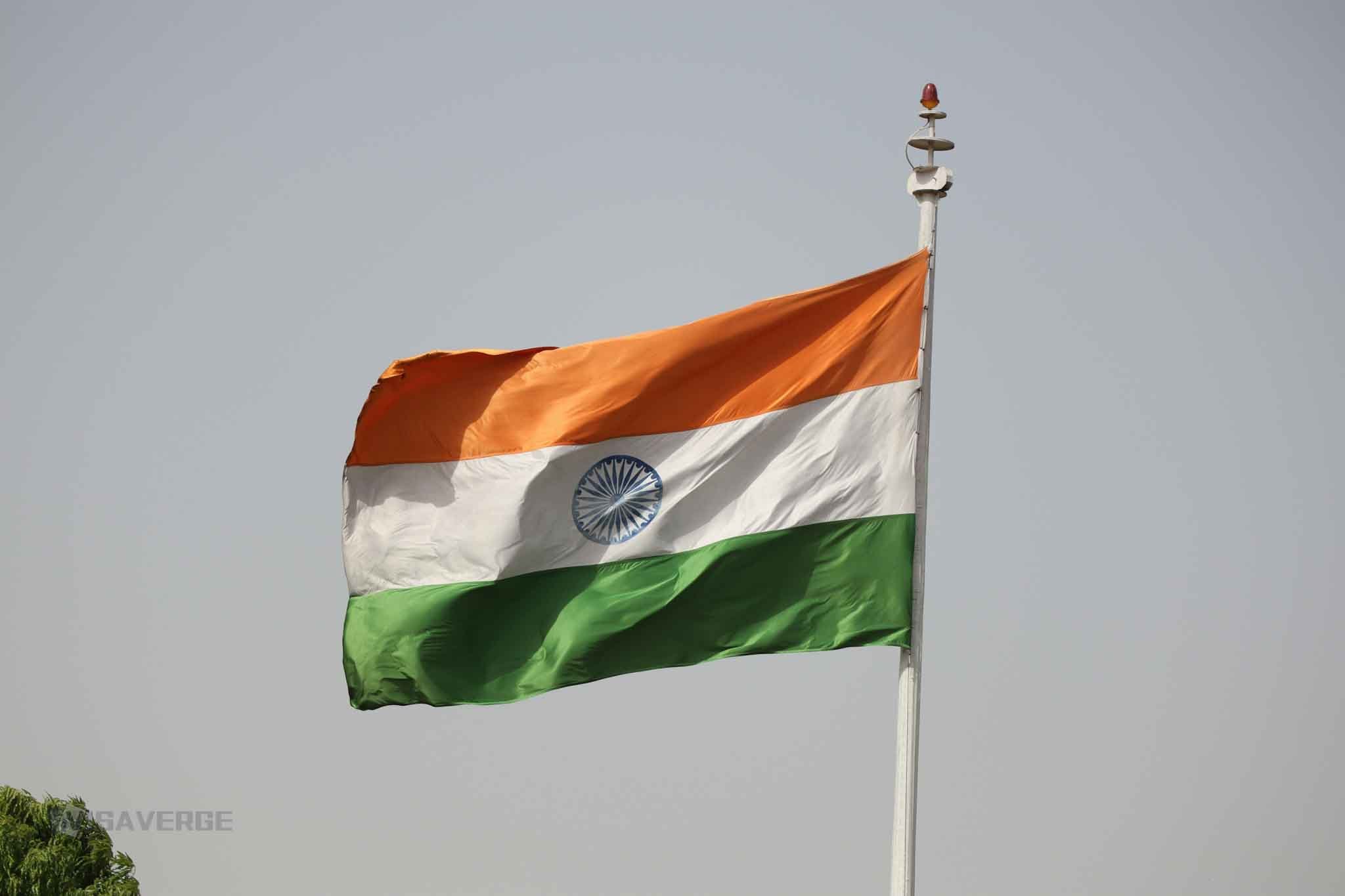(UNITED STATES) Pilatus halted all new jet deliveries to the United States on August 6, 2025, after a 39% tariff on Swiss-made aircraft took effect. US buyers now face delays while the Swiss maker shifts strategy.
The pause covers the PC-12 utility plane and the PC-24 business jet, core products in the US market. Pilatus says the tariff creates “massive additional costs” and “increasing uncertainty among customers.” The company is shifting toward US assembly to reduce the tariff impact.

What changed and why it matters
- Effective date: The 39% tariff on Swiss aircraft exports to the US began on August 6, 2025.
- Who imposed it: The tariff was imposed by the US administration under President Trump.
- Pilatus response: An immediate stop to all new aircraft deliveries to the US market.
- Scope: The halt affects the PC-12 and PC-24. Maintenance and support in the US continue.
- Exposure: The US accounted for about 40% of Pilatus orders and nearly half of sales.
Pilatus says the tariff creates a severe cost gap against US and EU rivals. The company is fast-tracking US assembly in Sarasota, Florida, and expanding operations in Broomfield, Colorado to deliver US-bound aircraft locally.
Who is affected in the US
- US buyers and operators: Expect delivery delays or redirection of existing orders to other regions.
- Pilatus dealers and partners: Working on reallocation plans and customer support.
- Maintenance shops and pilots: Ongoing service is not affected—parts and technical support remain in place.
- Local economies: Florida and Colorado sites may see faster hiring as US assembly ramps up.
Swiss industry groups warn that broader tariffs could cost jobs in Switzerland and dent GDP if extended. The canton of Nidwalden, where Pilatus is based, faces added strain because Pilatus makes up a large share of local exports.
Immigration angles tied to the tariff shock
As Pilatus moves work stateside, supply-chain companies will also need to move people. That means quick, lawful pathways for executives, managers, engineers, and quality teams. Common visa options include:
- L-1 intracompany transfer (manager/executive or specialized knowledge)
- Used to move staff from Switzerland to US affiliates (e.g., to Sarasota).
- Petition filed with Form I-129 (L classification). Link: https://www.uscis.gov/i-129
- Typical needs: proof of common ownership, one year of qualifying employment abroad, and a clear US role.
- E-2 treaty investor (Swiss ownership, major US investment)
- Switzerland is a treaty country. Good fit for senior staff tied to a Swiss-owned US operation.
- Consular process uses DS-160 and company data on DS-156E.
- E-2 overview (official guidance): https://travel.state.gov/content/travel/en/us-visas/employment/treaty-trader-investor-visa-e.html
- DS-160 link: https://travel.state.gov/content/travel/en/us-visas/visa-information-resources/forms/ds-160-online-nonimmigrant-visa-application.html
- DS-156E link: https://eforms.state.gov/Forms/ds156e.pdf
- E-1 treaty trader
- Similar family of visas as E-2, with focus on substantial, regular trade in goods/services with the US.
- H-1B specialty occupation
- Not ideal for quick redeployments due to caps and timing, but can fit some aerospace roles if the job requires a specific degree.
- Dependents and status changes
- For family members in the US seeking a change or extension of status, use Form I-539. Link: https://www.uscis.gov/i-539
According to analysis by VisaVerge.com, firms that plan early, pick the right visa, and prepare strong documentation reduce the chance of delays during fast operational shifts.
What this means for a US buyer today
- If you ordered a PC-24, Pilatus may:
- Hold your slot,
- Offer a later US-built delivery, or
- Move your aircraft to another market.
Expect your dealer to reach out.
- Your service plan, parts supply, and warranty support in the US remain active. Pilatus says only new deliveries are paused.
- If your operation depends on a new aircraft this year, discuss interim lift (lease or charter) with your provider.
Practical steps for employers and workers
-
For Swiss HQ and US subsidiaries
- Map who must be on-site in Florida or Colorado in the next 90–180 days (program leads, quality, flight test, supply chain).
- Pick the right visa track: L-1 for intra-group transfers; E-2 for senior staff of a treaty investor enterprise.
- Prepare clear job descriptions, org charts, and evidence of ties between the Swiss and US entities.
- For HR and counsel
- File Form I-129 early for L-1 transferees. Use premium processing if timing is tight.
- For E-2, build a solid ownership and investment record, a hiring plan for US workers, and contracts showing ongoing activity.
- For transferees and families
- Keep passports valid, collect Swiss employment letters, and maintain proof of prior roles and projects.
- For consular E-2 or E-1, complete DS-160 and DS-156E and book interviews as soon as slots open.
Two short scenarios
- A Sarasota assembly lead
- A Swiss manager with five years at Pilatus moves on an L-1A to launch a PC-24 line. The US entity files Form I-129 with proof of common ownership, Swiss pay records, and a US job plan.
- A Colorado avionics expert
- A specialized-knowledge engineer shifts on L-1B for six months to train new US hires. The file includes detailed technical duties, prior projects, and training outlines.
Policy context and statements
Pilatus calls the tariff a source of “massive additional costs” and “considerable logistical and market-specific challenges.” The company is pushing US production to bypass the tariff under current rules.
Swiss officials prefer talks over retaliation, seeking a path that restores trade flows without new barriers. Trade analysts warn of ripple effects in US general aviation: if the pause lasts, some US operators may pay more or switch models. Other Swiss manufacturers, like Ypsomed Holding AG, are shifting production abroad to lower duty exposure.
What to watch next
- Local US production: Pilatus aims to assemble all US-bound aircraft in Florida in the medium term.
- Talks: Switzerland and the US may pursue a diplomatic fix. For now, no Swiss counter-tariffs are in place.
- Jobs: If delays continue, Pilatus may use short-time work or reduce staff through attrition in Switzerland. The order book outside the US remains strong.
Key warning: If the pause persists, expect continued delivery uncertainty and potential operational adjustments for US buyers and suppliers.
Key takeaways you can act on
- Deliveries paused: New US deliveries of the PC-12 and PC-24 are on hold after the 39% tariff.
- Service continues: US maintenance, parts, and warranty support remain active.
- Plan your people moves: Use L-1 for intra-company transfers; consider E-2 for Swiss-owned US operations. File Form I-129 early; prepare DS-160 and DS-156E for consular E cases.
- Talk to your dealer: Confirm timelines and options, including future US-built delivery from Sarasota.
For official E-2 guidance, see the U.S. Department of State page listed above: https://travel.state.gov/content/travel/en/us-visas/employment/treaty-trader-investor-visa-e.html
This Article in a Nutshell
Pilatus paused new US deliveries on August 6, 2025 after a 39% Swiss-aircraft tariff. The halt impacts PC-12 and PC-24 buyers, while Pilatus fast-tracks Sarasota assembly and Colorado expansion. Service and parts in the US continue. Companies must plan L-1 or E-2 visa moves, file I-129 early.













